WHO stops financial support for some 10,000 healthcare workers in Yemen due to lack of funding
The World Health Organization (WHO) says it has been forced to stop financial support for about 10,000 healthcare workers across war-ravaged Yemen because of a lack of funding.
“Due to an unprecedented financial gap, WHO & health partners have been unable to continue their financial support to the health care workforce in Yemen. Up to 10K health workers are affected,” WHO's Yemen office said in a post published on its Twitter page.
“More funds are needed now more than ever to enable the continuation of this support,” it added.
Due to an unprecedented financial gap, @WHO & health partners have been unable to continue their financial support to the health care workforce in #Yemen. Up to 10K health workers are affected. More funds are needed now more than ever to enable the continuation of this support. pic.twitter.com/BRyMchs6jr
— WHO Yemen (@WHOYemen) November 28, 2020
Back in September, the United Nations said that critical aid was cut at 300 health centers in Yemen due to lack of funding.
Between April and August, more than one-third of the UN’s important humanitarian programs in the strife-torn Arab country was reduced or shut down entirely, the UN said, warning of further drastic cuts.
Lise Grande, the UN humanitarian coordinator for Yemen, said only $1 billion of the $3.2 billion necessary had been received.
“It’s an impossible situation. This is the worst humanitarian crisis in the world, yet we don’t have the resources we need to save the people who are suffering and will die if we don’t help,” Grande said at the time.
UN calls on Yemen's warring sides to stop military escalation in Hudaydah
Meanwhile, the UN has urged Houthi Ansarullah fighters and Saudi-backed militiamen loyal to Yemen's former president Abd Rabbuh Mansur Hadi to exercise self-restraint and stop military escalation in Yemen’s western coastal province of Hudaydah.
“We call for restraint following recent escalation and serious ceasefire violations in Hudaydah province,” the head of the UN Mission to Support the Hudaydah Agreement (UNMHA), Lieutenant General Abhijit Guha, said in a statement on Sunday.
He said that during the past week, there were reports of airstrikes, the use of improvised explosive devices and ground attacks, which resulted in civilian casualties, including children.
"The time has now come for a ceasefire and a halt to the spiral of military escalation that will exacerbate the deteriorating humanitarian situation on the ground. The UNMHA continues to engage proactively with the two parties to the [Yemen] conflict, and is making all efforts to ensure an environment conducive to making renewed progress,” the senior UN official said.
Guha then urged the warring parties in Yemen to fulfill their obligations and resolve disputes through appropriate joint mechanisms, not the battlefield, and underlined the need for the protection of civilians and civil infrastructure.
Delegates from Ansarullah movement and representatives loyal to Hadi held a round of peace negotiations in Rimbo, north of the Swedish capital city of Stockholm, in December 2018.
The talks resulted in the announcement of an agreement, which included a ceasefire along the Hudaydah front and the redeployment of armed forces out of the city and its port. The deal also mandated the UN to oversee the truce.
Saudi Arabia and a number of its regional allies launched the war on Yemen in March 2015, with the goal of bringing Hadi’s government back to power and crushing the popular Ansarullah movement.
The US-based Armed Conflict Location and Event Data Project (ACLED), a nonprofit conflict-research organization, estimates that the war has claimed more than 100,000 lives.
The Ansarullah movement, backed by armed forces, has been defending Yemen against the Saudi-led alliance, preventing the aggressors from fulfilling the objectives of the atrocious war.
Iran’s layered arsenal primed to deter – and decimate – US warships in Persian Gulf
Iranian commander dismisses US military buildup in West Asia as ‘theatrical gesture’
US special envoy says Trump ‘curious’ as to why Iran hasn’t ‘capitulated’ yet
Lindsey Graham urges Trump to ignore aides opposing war on Iran
Far-right, anti-Islam protest sparks counter-protests in Manchester
Press TV's news headlines
Sudan’s mining sector suffers $7 billion loss amid ongoing civil war
Ansarullah slams Israel’s massacre in east Lebanon, urges unified Arab action






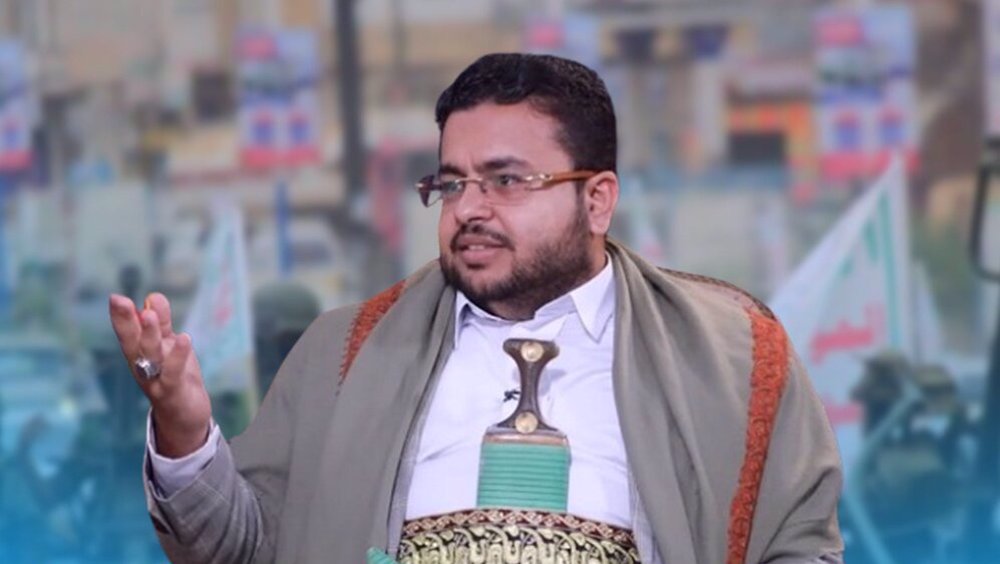
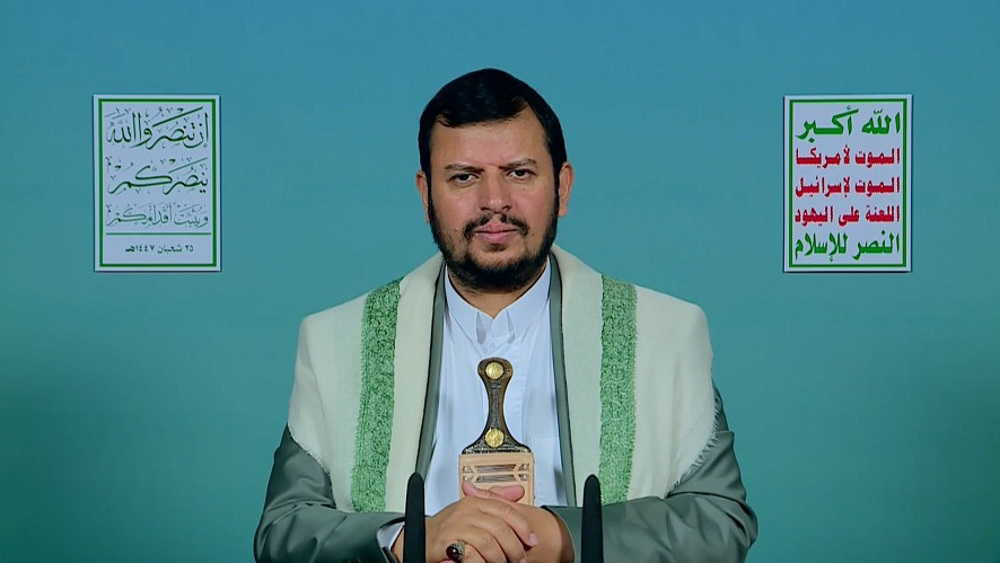
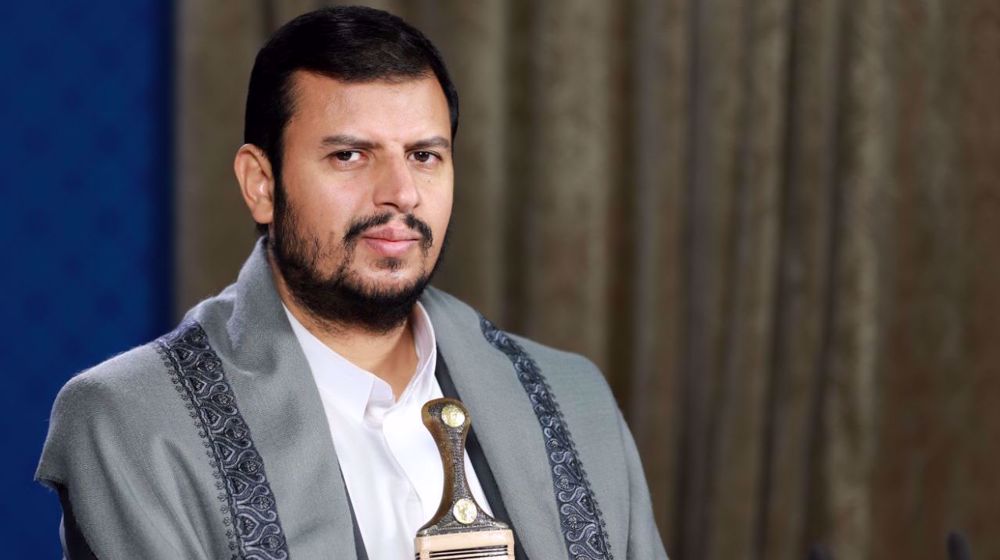



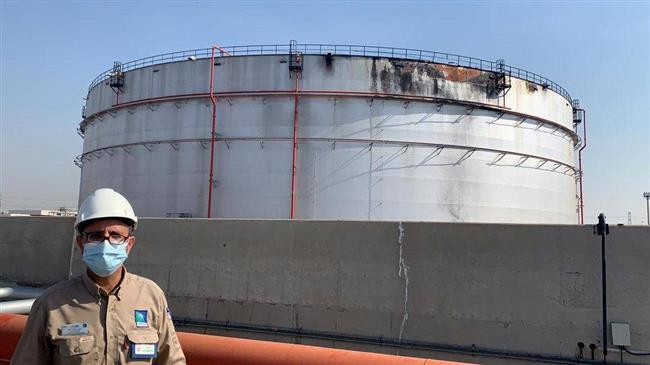

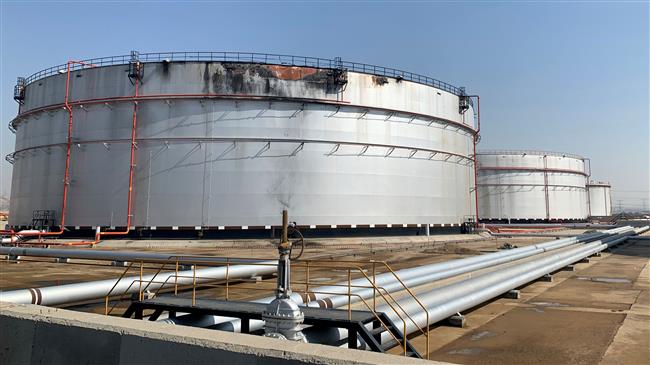


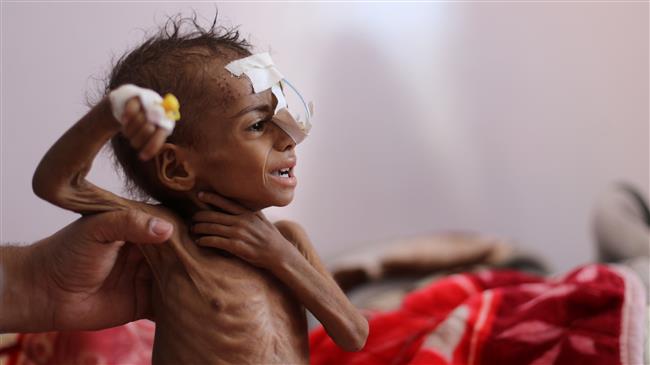

 This makes it easy to access the Press TV website
This makes it easy to access the Press TV website